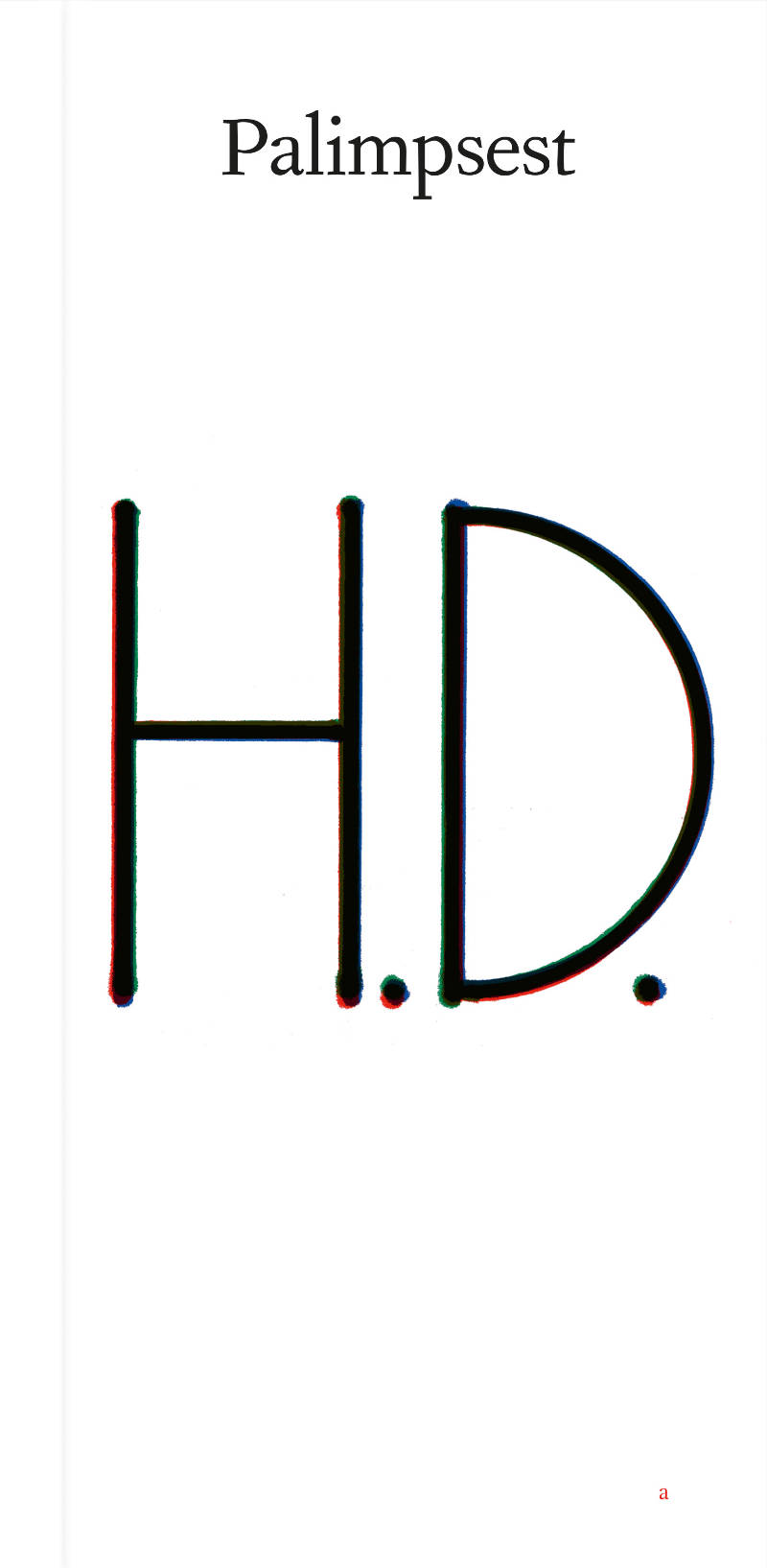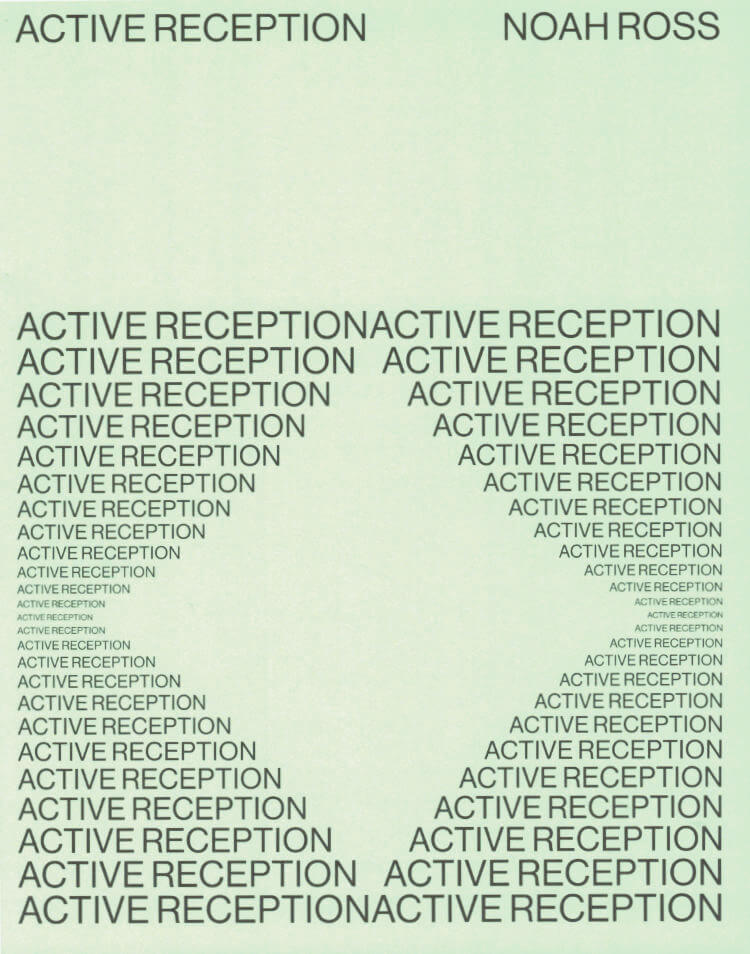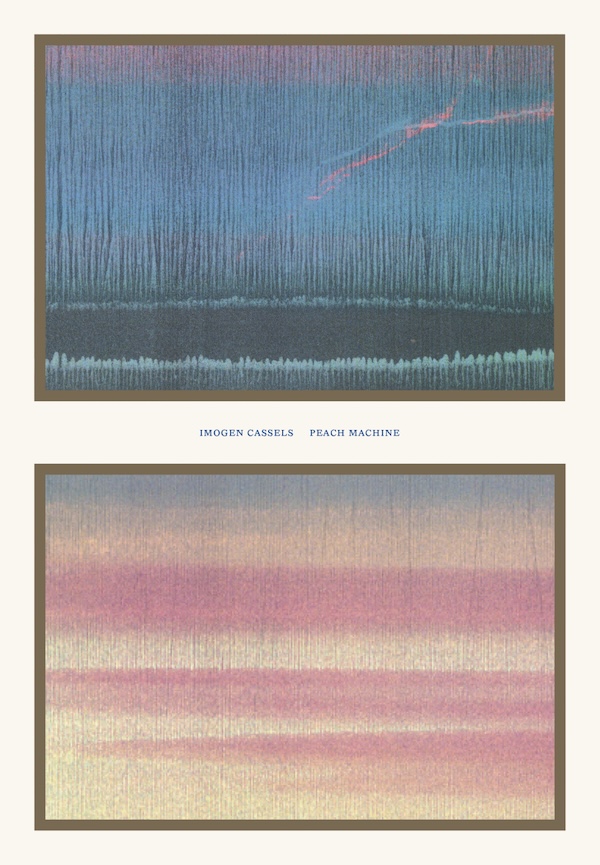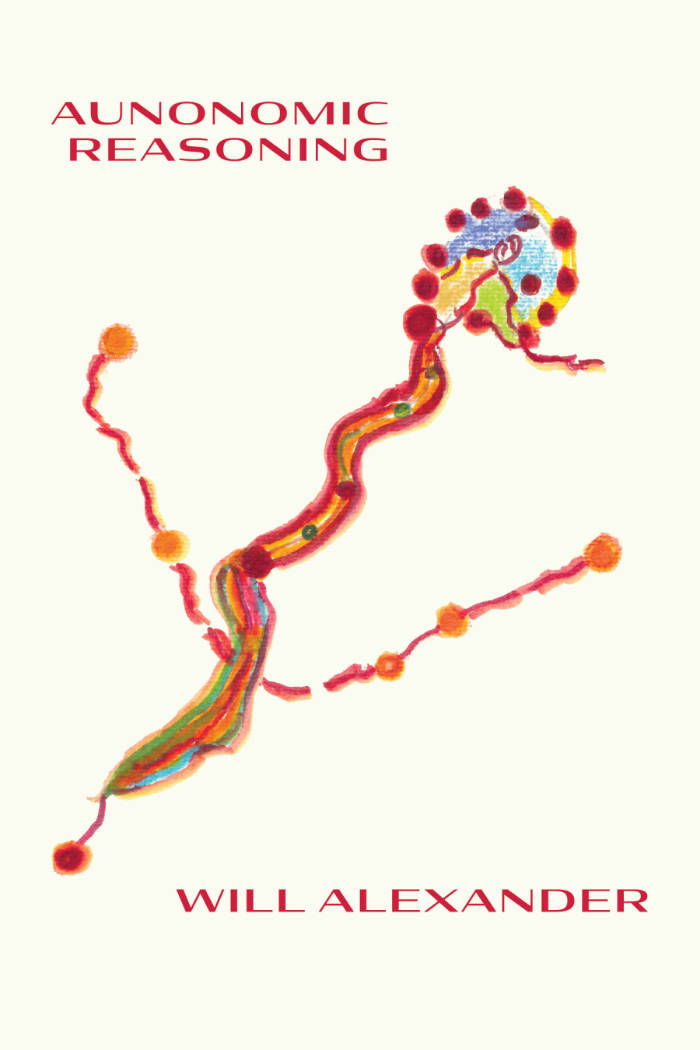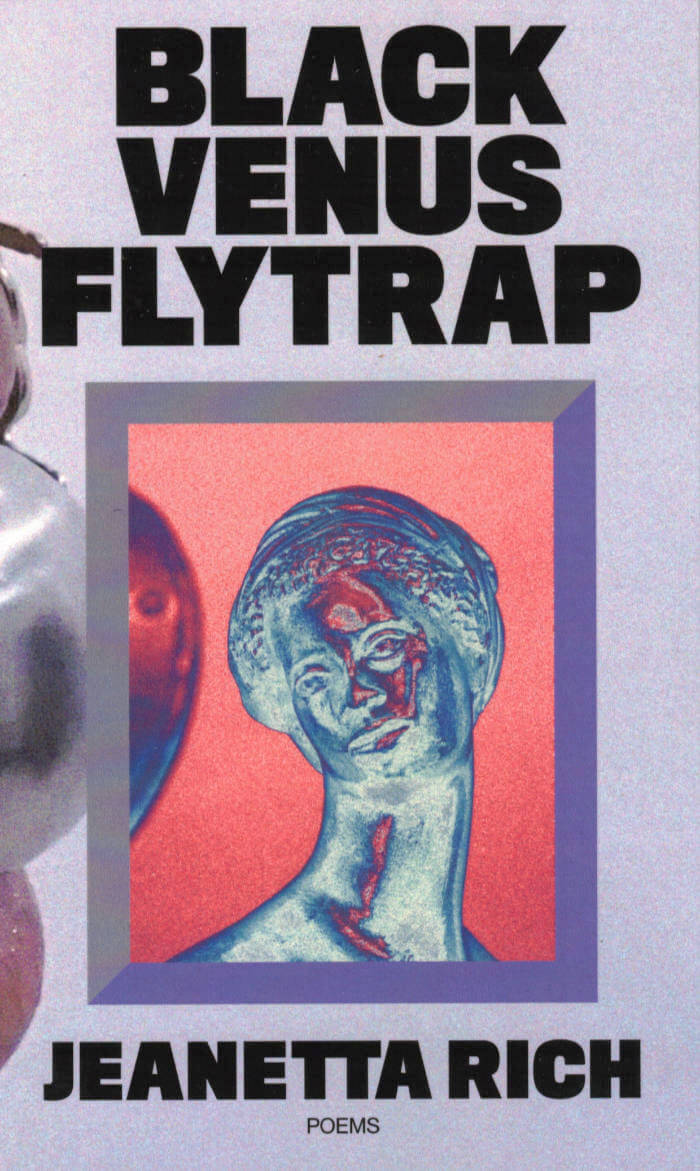
Black Venus Fly Trap
A shocking debut poetry collection that invites readers to grapple with the origins of a world that both hates and needs Black women. A disruptive hagiography of the Black Venus & Sapphire, mammy bulldaggers, and welfare queens, Rich's collection splendidly desecrates poetic elitism. Black Venus Fly Trap is an eldritch account of Black femininity simultaneously born from the chorus of refusal and unlike anything written before.
"That frisson of realness, the unsayable that can be lost when we ask language to convey the infinite interiority of the black woman-Black Venus Fly Trap rescues it." - Doreen St. Felix
"Jeanetta Rich's writing doesn't sit on the page, it oozes over your psyche. Fearless and complex, defiant and radiant! I love it." - Kim Gordon
"Jeanetta Rich once told me that as a child she used to spend hours staring at a painting of the beheading of Saint John the Baptist. Black Venus Flytrap is like that painting: splendid and profane and entirely just. Jeanetta's writing turns each page into a museum of art and we are lucky to admire it. It's exquisite and it stings-which is how you know it's working." - Elaine Kahn
Jeanetta Rich is a mother and poet based in Los Angeles. Her work focuses on the emotional lives of voiceless women, those who have been silenced through poverty and/or lack of education. Her work was recently featured in Texte zur Kunst's 30th Anniversary issue, The Feminist. Black Venus Fly Trap is her debut poetry collection.
Language: English
